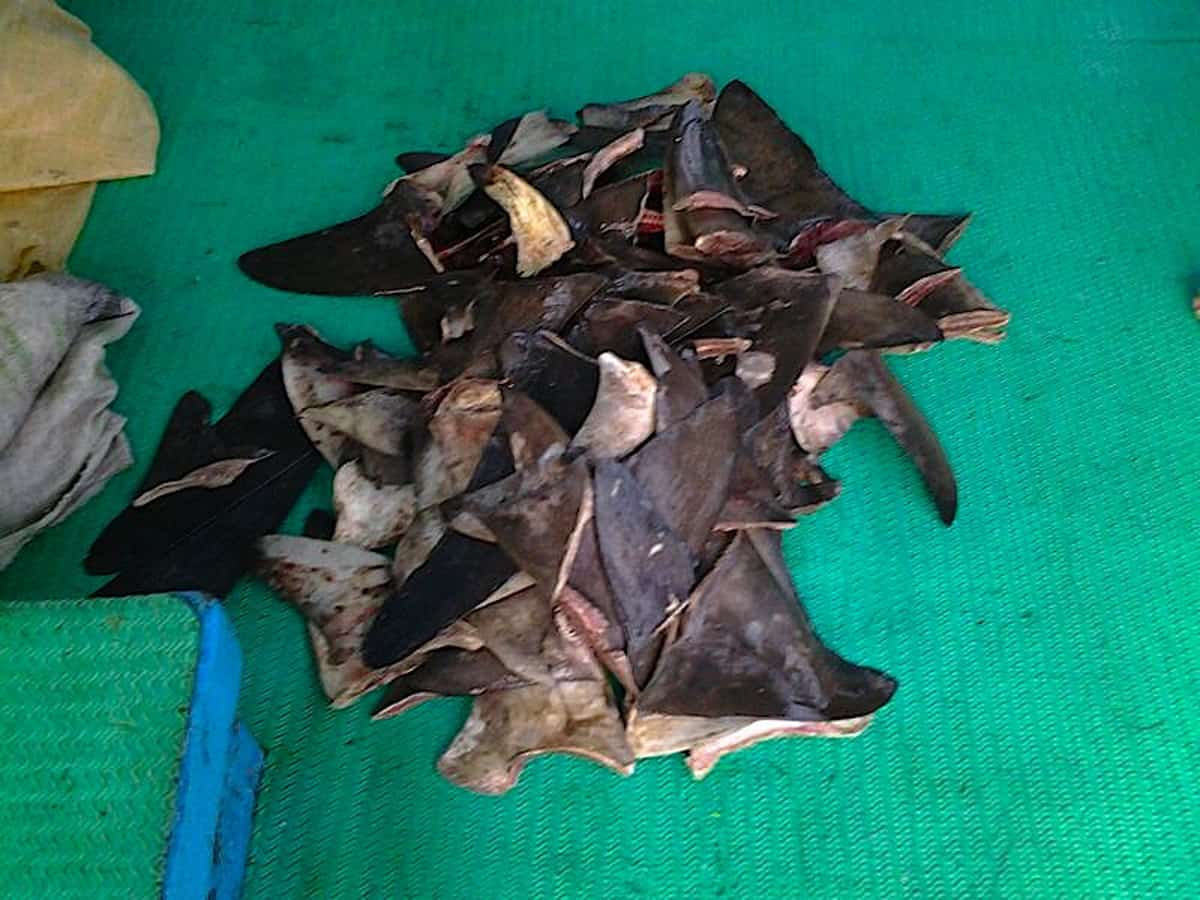Illegal, unreported, and unregulated (IUU) fishing is an enormous problem affecting Costa Rica, Panama, and Colombia. In particular, the marine protected areas that make up the Marine Corridor of the Eastern Tropical Pacific (CMAR) are constantly threatened by illegal fisheries dedicated to capturing species of high commercial value.
This information was revealed by an extensive report from the MarViva Foundation in Costa Rica.
Despite the absence of data on this activity due to its clandestine nature, it is estimated that IUU fishing represents between 15% and 35% of the total volume of annual fishery production worldwide.
Among the threatened species are yellowfin tuna, silky shark, oceanic whitetip shark, bigeye shark, thresher shark, hammerhead shark, great hammerhead shark, whitetip, and bonnethead shark.
“This type of fishing causes serious impacts on the health of ecosystems and marine species due to the systematic non-compliance with fishing management measures that seek to ensure the sustainability of species of commercial interest and the protection of marine biodiversity,” explains MarViva in the study.
Costa Rica, Panama, and Colombia face several common challenges in counteracting illegal fishing. For instance, one of the main problems is the lack of financial and human resources and insufficient institutional, technological, and operational capacities to effectively carry out control and surveillance actions.
In addition, MarViva points out that the absence of data and the lack of willingness, capacity, or cooperation among countries to exchange information -when it exists- to implement coordinated strategies is a barrier impeding further action to address the issue.
The country’s particular case indicates that “the country has been inefficient in the effective implementation of boat control and monitoring devices.”
Nevertheless, MarViva suggests various actions Costa Rica could take to end the problem once and for all. For example, complying with recommendations from the OECD regarding governance would favor the elimination of IUU fishing.
Also, it’s essential to ensure transparency, coordination, and adequate management of financial and human resources in land and maritime control and surveillance actions. This goes hand in hand with discouraging supply and demand for IUU fishery products.
To date, efforts haven’t been enough. Although Costa Rica has signed international commitments to eradicate the problem, it hasn’t been prioritized in the public agenda.
As a nation that prides itself in protecting nature and the environment, the country must execute the actions recommended by the OECD and the MarViva Foundation.






